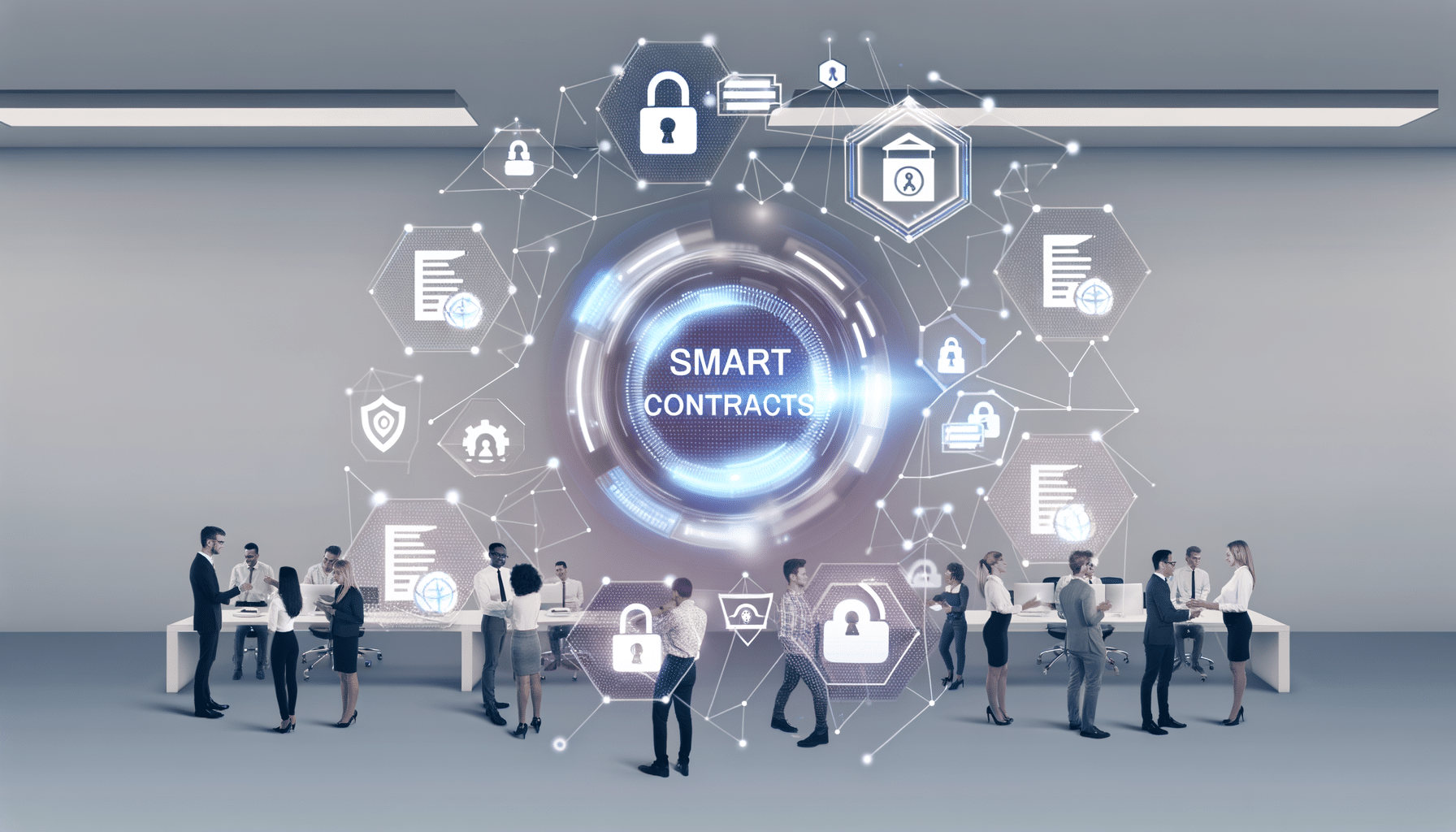Revolutionizing Public Records with Smart Contracts: My Journey
In the ever-evolving landscape of technological innovation, I have consistently sought out opportunities to leverage advancements for tangible, real-world impact. As the founder of RecordsKeeper.AI, I am at the forefront of transforming how societies manage and interact with records. The integration of smart contracts within public records processing presents an extraordinary opportunity—one that I am particularly passionate about.
Understanding the Intersection of Technology and Public Records
When I first ventured into the world of blockchain technology, I was captivated by its potential to introduce transparency and efficiency across multiple sectors. Public records, being the foundation of governmental processes, seemed ripe for this kind of transformation.
Public records encompass a wide range of documents—birth and death certificates, real estate records, court documents, to name a few. Managing these records involves numerous routine tasks, from authentication to updates, which are traditionally time-consuming and susceptible to human error.
This is where smart contracts come into play. By automating routine processes and ensuring their security, smart contracts can significantly enhance the management of public records. This seamless integration results in improved service delivery to citizens, and my team at RecordsKeeper.AI is committed to making this a reality.
The Transformative Power of Smart Contracts
Smart contracts, essentially self-executing agreements coded on blockchain platforms, hold tremendous promise for automating public records processing. Here’s how they redefine the landscape:
- Automated Processing: By utilizing smart contracts, processes that once required manual intervention are now automated. Tasks such as verifying property titles or tracking changes in ownership can be conducted with zero human involvement, drastically cutting down processing time.
- Enhanced Security: The blockchain’s intrinsic attribute of immutability adds an unparalleled layer of security. Public records maintained on a blockchain are tamper-proof and highly resistant to fraud, ensuring citizens’ trust in the system.
- Real-Time Updates: Smart contracts provide instant updates as they process transactions in real time. Citizens no longer face delays in accessing or updating public records—speed and efficiency go hand in hand.
Real-World Applications: A Game-Changer for Governments
There has been considerable enthusiasm around deploying blockchain and smart contract technology within governmental frameworks. I’ve seen firsthand the strategic advantages they offer:
The Case for Transparent Real Estate Records
Real estate records are prime candidates for smart contract implementation. The conventional method involves multiple steps—from title verification to obtaining approval from various departments. This method is not only cumbersome but also prone to discrepancies. Smart contracts can automate each step, ensuring absolute accuracy, and creating a streamlined process where stakeholders can track progress in real time, thus reducing the scope for disputes.
Efficiency in Legal Document Management
Legal documentation forms the backbone of civic administration. Automating the management of these documents can bring about unprecedented efficiencies. Recently, I was involved in a project pioneering the use of smart contracts for managing court rulings, thus expediting the issuance of official documents and enabling quicker resolution of legal matters.
Challenges and the Path Forward
It’s important to acknowledge that while the implementation of smart contracts in public records is revolutionary, it also presents specific challenges. Issues surrounding data privacy regulations and technological literacy within governmental bodies need to be addressed. At RecordsKeeper.AI, we’re developing comprehensive solutions to ease this transition, ensuring compliance with existing laws while providing the necessary support and training to government personnel.
Committing to a Future of Transparent Public Records
Integrating smart contracts into public records management is not a mere technological augmentation; it’s a significant step towards reestablishing trust between citizens and their governments. As we continue to make strides in this domain, I invite legal and compliance heads—our trusted partners and collaborators—to embark on this journey with us. By leveraging the power of smart contracts, we can transform public record processing from a cumbersome obligation into a strategic asset.
If you’re intrigued by the potential of blockchain technology and smart contracts, I encourage you to explore further insights from my entrepreneurial journey. Stay tuned for more developments from RecordsKeeper.AI, where innovation meets security, compliance, and efficiency.
Are you ready to modernize record management? Let’s do this together.
